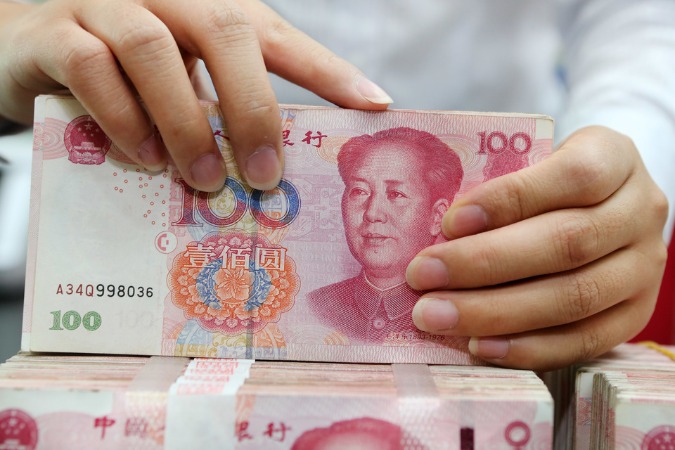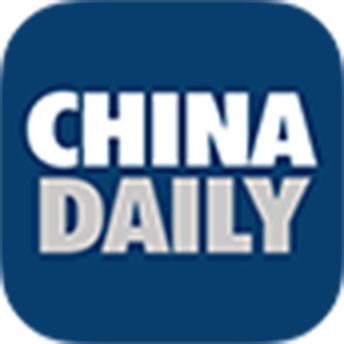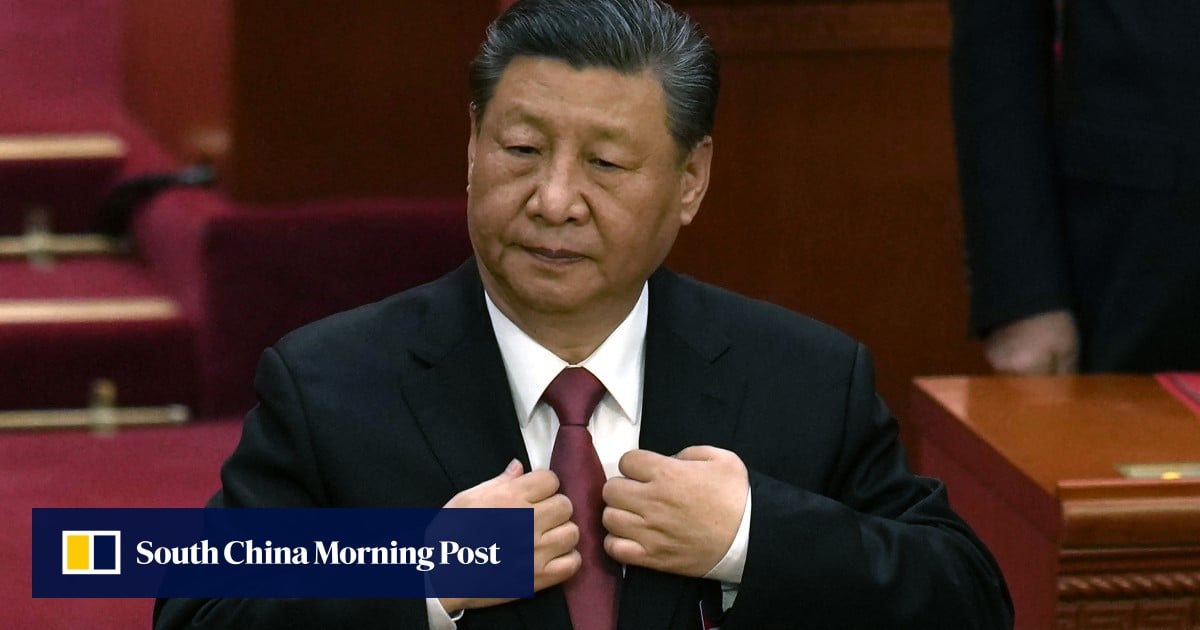A growing number of China’s private companies have cut wages, delayed paychecks or stopped paying staff completely, saying that the economic toll of the coronavirus has left them unable to cover their labor costs.
...
Across China, companies are telling workers that there’s no money for them -- or that they shouldn’t have to pay full salaries to quarantined employees who don’t come to work. It’s too soon to say how many people have lost wages as a result of the outbreak, but in a survey of more than 9,500 workers by Chinese recruitment website Zhaopin, more than one-third said they were aware it was a possibility.
The salary freezes are further evidence of the economic hit to China’s volatile private sector -- the fastest growing part of the world’s second-biggest economy -- and among small firms especially. It also suggests the stress will extend beyond the health risks to the financial pain that comes with job cuts and salary instability. Unsurprisingly, hiring has all but ground to a halt: Zhaopin estimates the number of job resumes submitted in the first week after the January outbreak was down 83% from a year earlier.“The coronavirus may hit Chinese consumption harder than SARS 17 years ago,” said Chang Shu, Chief Asia Economist for Bloomberg Intelligence. “And SARS walloped consumption.”
By law, companies have to comply with a full pay cycle in February before cutting wages to the minimum, said Edgar Choi, author of “Commercial Law in a Minute” and host of a legal-advice account on WeChat. For companies that aren’t making enough to cover payroll, it’s permissible to delay salaries, as long as staff get the money they’re owed eventually. Choi said he’s heard from thousands of foreign workers who say their payments have been cut in half this month or halted althogether. That, he said, is illegal. “A lot of these employees are foreigners, they don’t know Chinese,” he said. “Whatever their boss tells them, that’s it. It’s easy for them to get bullied. ”NIO Inc., an electric car-maker based in Shanghai, recently delayed paychecks by a week. The company’s chairman William Li also encouraged employees to accept restricted stock units in lieu of a cash bonus.
At Foxconn Technology Group’s Shenzhen factory, workers returning from the Lunar New Year break are quarantined in the dorms before they can return to work. They’re getting paid, but only about one-third of what they’d earn if they were working.Without full, regular paychecks and few places to spend them these days anyway, Chinese consumers could cut spending in some categories to zero, said Bloomberg’s Shu. And it may not bounce back: For example, she said, if you skip your daily latte for two months, you’re not likely to make up for those missed drinks later in the year.
With limited reserves and less by way of remote technologies, the smaller companies that underpin China’s vast private sector are particularly vulnerable. Among broader efforts to help firms stay afloat, policy makers have called on state-run banks to make loans at cheaper rates to small businesses in particular.
In the case of Pei Binfeng, co-founder of the Hangzhou coding and robotics academy, the outbreak forced them to suspend all in-person classes for students in kindergarten through grade 12. With the loss of revenue, the company will withhold 50% of salary for key executives and 30% for other employees until business resumes. “What we teach isn’t a must-have for a lot of parents, so expenses like this are usually the first to go when things get tough,” said Pei.
...








